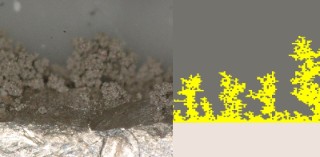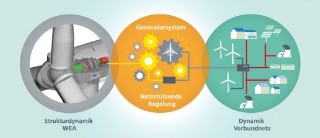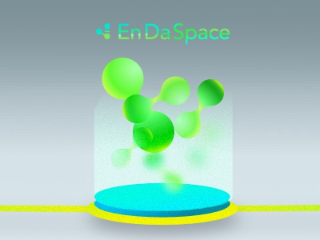
District heating systems are a key technology when it comes to mitigating the effects of climate change in the buildings sector. In order to incorporate renewables and waste heat into these systems to maximum effect, they need to be operated at lower temperatures. Fraunhofer IEE has worked closely with AGFW (the German Energy Efficiency Association for Heating, Cooling and CHP) and European research partners to produce a guidebook that shows how existing district heating systems can be converted and new low-temperature systems created. In this publication, experts outline both the technical and the economic side of the issue, with numerous case studies proving that low-temperature district heating is technically feasible under all kinds of conditions — as well as being economically viable.
more info



